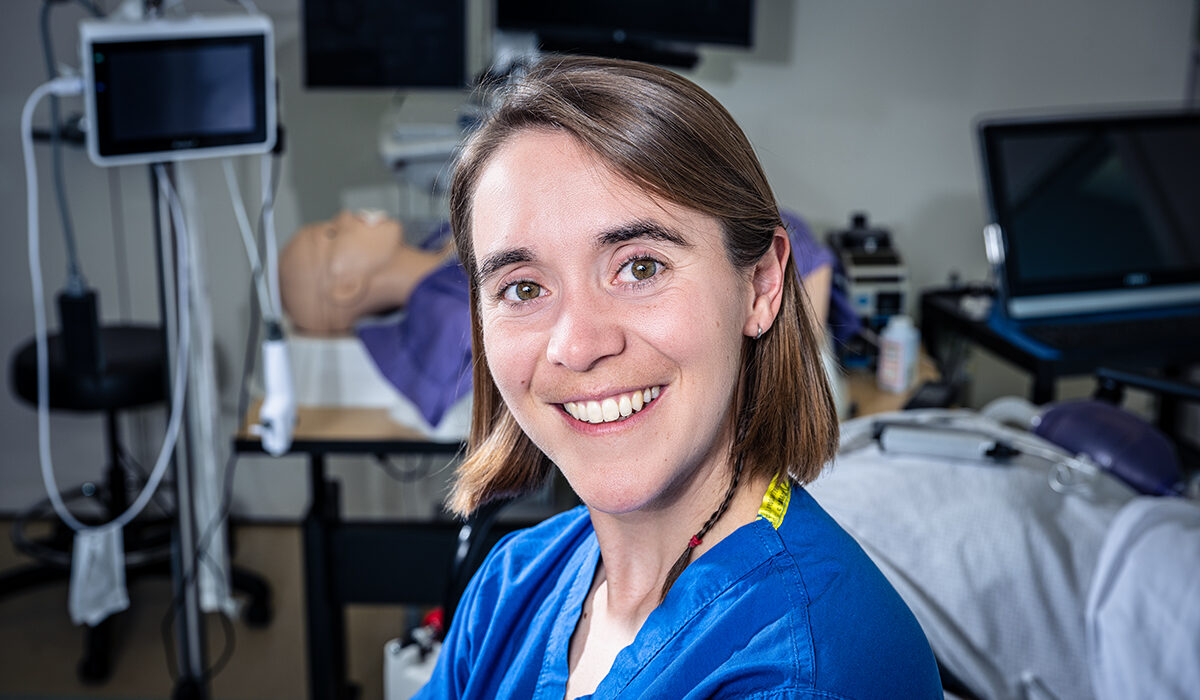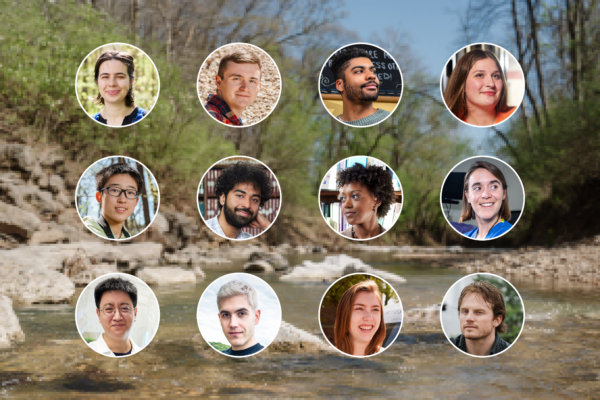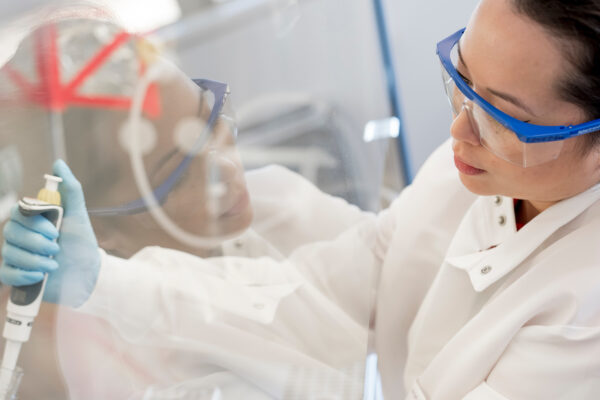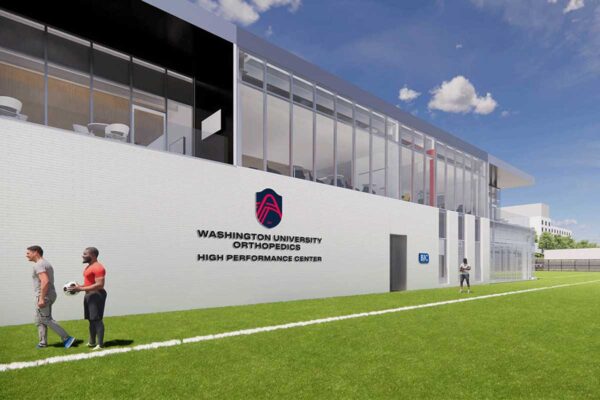Caellagh Catley’s family emphasized the outdoors and environmentalism from an early age. They taught her to always consider the connection between her actions and the environment. She grew up gardening, beekeeping, raising poultry and home composting in her hometown near Denver.
But the importance of sustainability really hit home while she was working for a nonprofit in Africa called Supporting Opportunities for Ugandans to Learn, focusing on education and maternal health. The members of her community there depended on crop production to feed themselves and to pay for their children to go to school. She recalled the devastating impact that drought and a delayed rainy season had on their ability to survive.
“Watching people you care about go hungry is a motivating experience,” Catley said. “For me, the increasingly extreme weather patterns that contribute to this hunger have a clear basis in the increase in greenhouse gas emissions.”
The experience underscored to Catley how crucial it is to incorporate concepts of sustainability into all facets of life, including into her role as a student at Washington University School of Medicine in St. Louis.
“I chose to go into medicine because I want to help people, but I can’t conscientiously do that without considering how the environmental impact of my work may harm others,” said Catley, who after graduation will start a residency in orthopedic surgery at Oregon Health & Science University in Portland.
She recognizes the amount of waste that medical care produces; the magnitude of energy that medical care relies on; and the impact such usage can have on the environment. One of her research projects involved working with the Department of Anesthesiology to reduce carbon emissions produced by operating rooms. The project has helped Barnes-Jewish Hospital save on resources in anesthetic gas use and has reduced its carbon emissions from such gas use by more than 60%.
“As a doctor, my actions impact other people and how what we do to the planet is going to impact us in the future,” Catley said. “The way we live our everyday lives can make a gigantic difference.”
What moment stands out to you from your time at the medical school, and why did you decide to pursue orthopedics?
The first time I walked into a room with our rounding team and a patient looked to me to answer a question was a big moment for me. It showed that the person knew me, recognized me and trusted me as a future physician.
Orthopedics solves mechanical puzzles I enjoy. Additionally, orthopedic surgery often allows you to return function to someone so they can continue to do what is important to them. The ability to restore someone’s independence is important to me.
What is the connection between orthopedic surgery and sustainability?
Everything we do in medicine requires resources, especially in operating rooms, which are some of the largest energy consumers in hospitals. An operation requires light, equipment, heating and ventilation. It also requires sterile gowns and gloves, which immediately get tossed in a wastebasket when the operation is over. We aren’t always thoughtful about the resources we’re using because the focus is appropriately on the patient at hand. However, a simple way to increase the sustainability of orthopedics is intentionality and thinking about ways to decrease this waste. Reusable gowns and streamlined surgical sets, for example, have come up as options.
What advice do you have for people hoping to get involved with sustainability?
There are a lot of amazing organizations out there, and a lot of people who are already working toward some phenomenal goals. You must be curious about what is already going on, and then see where you can pitch in. It’s important to try to build bridges and connections with others doing similar work to avoid redundancy. Advocacy is also important. A lot of work comes down to advocating for the environment, making the problem hard to ignore and inspiring people to care for something that impacts all of us.



